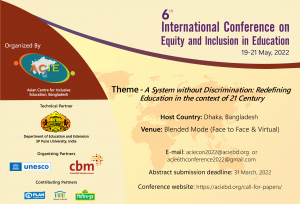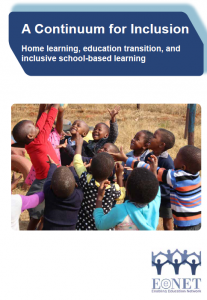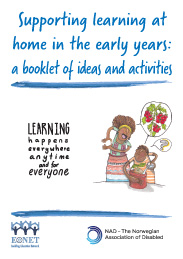Reimagining Education: Distance Education in Humanitarian Settings is an INEE interview series featuring a range of perspectives on distance education in crisis-affected contexts, as presented by teachers, implementing actors, donors, and academics delivering distance education interventions in crisis contexts. Some episodes present real-life examples and solutions, while others focus on theoretical concepts about distance education in humanitarian settings.
Each episode is hosted by a different member of the INEE Distance Education Reference Group (DERG). Please see the website for more information about the INEE DERG.
Reimagining Education: Distance Education in Humanitarian Settings is available on Apple, Google, Spotify, Audible, and wherever you get your podcasts.



